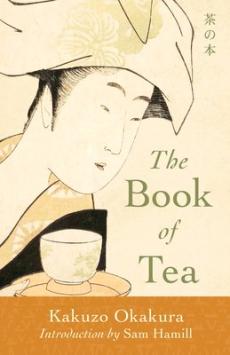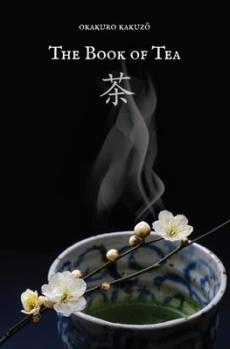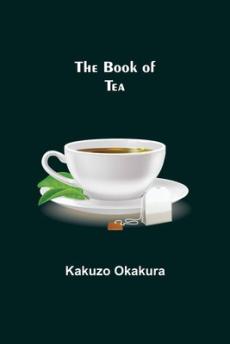The Book of Tea
Omtale
The Book of Tea (A Japanese Harmony of Art, Culture, and the Simple Life (1906) by Okakura Kakuzō (1906) is a long essay linking the role of chadō (teaism) to the aesthetic and cultural aspects of Japanese life and protesting Western caricatures of "the East". Addressed to a Western audience, it was originally written in English and is one of the great English tea classics. Okakura had been taught at a young age to speak English and was proficient at communicating his thoughts to the Western mind. In his book, he discusses such topics as Zen and Taoism, but also the secular aspects of tea and Japanese life. The book emphasizes how Teaism taught the Japanese many things, the most important of which were simplicity and humility: It (Teaism) insulates purity and harmony, the mystery of mutual charity, the romanticism of the social order. It is essentially a worship of the Imperfect, as it is a tender attempt to accomplish something possible in this impossible thing we know as life. This, Okakura believed, was an aesthetic that should inform everything from the arts and architecture to daily life and was already informing them in Japan.
Produktinformasjon
- ISBN/Varenr: 9798211365421
- Utgivelsesdato: 23.08.2024
- Utgivelsesår: 2024
- Forlag: Blurb, Inc.
- Innbinding: Heftet
- Språk: Engelsk
- Personer: Okakura, Kakuzo
- Litteraturtype: Faglitteratur
- Emne: Sociology
- Målgruppe: Voksne
- Aldersgrense: 0
- Opplag: 0
- Utgave: 0
- Illustrert: Nei
- Sider: 48






